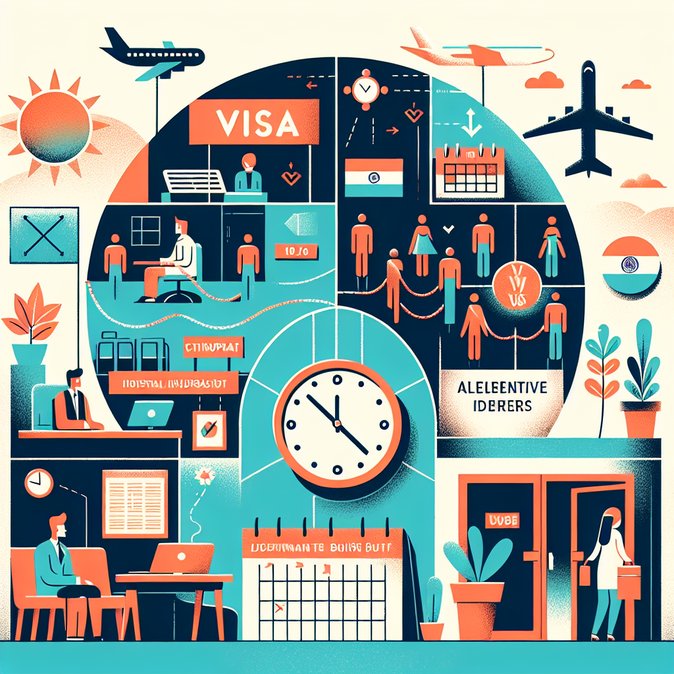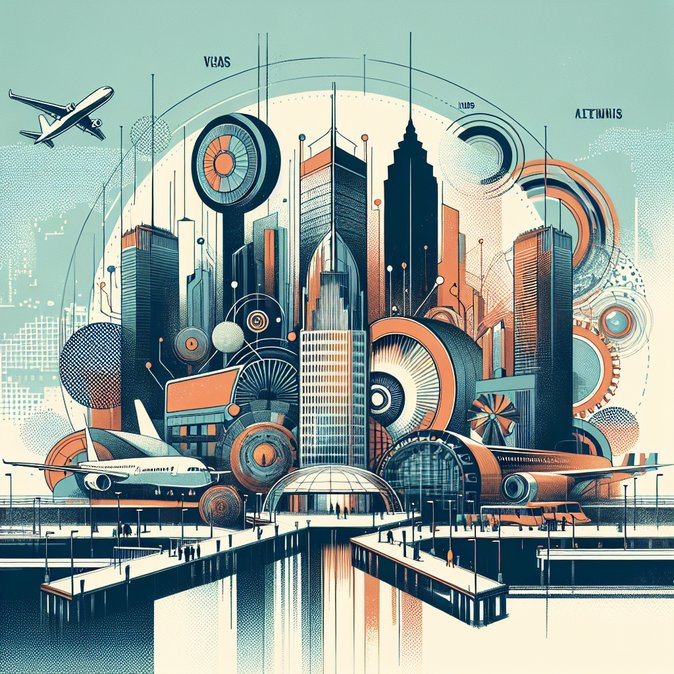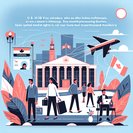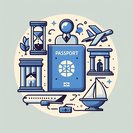
New processing-time data released by Immigration, Refugees & Citizenship Canada (IRCC) shows that Indian nationals now face an average of 99 days to obtain a visitor visa—by far the longest wait among Canada’s top source markets. Super-visa applicants, largely parents and grandparents of Canadian citizens and permanent residents, are waiting roughly 169 days. The figures were reported by The Economic Times on 11 November 2025 and underline the widening gap between IRCC’s real-time service-standards dashboard and on-the-ground reality for Indian applicants.
IRCC attributes the backlog to record-high demand, complex security checks and staffing constraints at its New Delhi and Chandigarh processing offices. As of 31 October, the citizenship queue for Indian applicants alone had swelled to 290,000 cases, with decisions taking an average of 13 months. Family-sponsorship and humanitarian streams also remain sluggish, clocking 14- to 50-month timelines depending on category and province.
![Canada Visitor-Visa Wait Times for Indians Stretch to 99 Days as Backlog Tops 2.9 Lakh]()
For Indian corporates, the delays complicate short-notice business trips, investor meetings and cross-border project work. Companies have begun to pad visa-lead times into project plans or shift sessions to the United Arab Emirates and Singapore, where entry rules for Indian passport holders are more predictable. Immigration lawyers advise applicants to avoid transferring biometrics appointments or submitting incomplete forms, as any amendment can push a file to the back of the queue.
Study-permit processing has improved marginally to four weeks, but in-Canada renewals still average 12 weeks, affecting Indian students who hope to undertake co-op work terms. Work-permit issuance holds steady at about ten weeks; however, extensions lodged inside Canada are taking more than 200 days, forcing some employers to put planned assignments on hold.
IRCC says it is reallocating resources and piloting advanced analytics to triage low-risk files, yet industry observers doubt the backlog will ease before early 2026. Mobility specialists therefore urge businesses to diversify employee-mobility corridors and explore Canada’s emerging Digital Nomad and Francophone Mobility streams, which offer faster pathways for specific profiles.
IRCC attributes the backlog to record-high demand, complex security checks and staffing constraints at its New Delhi and Chandigarh processing offices. As of 31 October, the citizenship queue for Indian applicants alone had swelled to 290,000 cases, with decisions taking an average of 13 months. Family-sponsorship and humanitarian streams also remain sluggish, clocking 14- to 50-month timelines depending on category and province.

For Indian corporates, the delays complicate short-notice business trips, investor meetings and cross-border project work. Companies have begun to pad visa-lead times into project plans or shift sessions to the United Arab Emirates and Singapore, where entry rules for Indian passport holders are more predictable. Immigration lawyers advise applicants to avoid transferring biometrics appointments or submitting incomplete forms, as any amendment can push a file to the back of the queue.
Study-permit processing has improved marginally to four weeks, but in-Canada renewals still average 12 weeks, affecting Indian students who hope to undertake co-op work terms. Work-permit issuance holds steady at about ten weeks; however, extensions lodged inside Canada are taking more than 200 days, forcing some employers to put planned assignments on hold.
IRCC says it is reallocating resources and piloting advanced analytics to triage low-risk files, yet industry observers doubt the backlog will ease before early 2026. Mobility specialists therefore urge businesses to diversify employee-mobility corridors and explore Canada’s emerging Digital Nomad and Francophone Mobility streams, which offer faster pathways for specific profiles.










